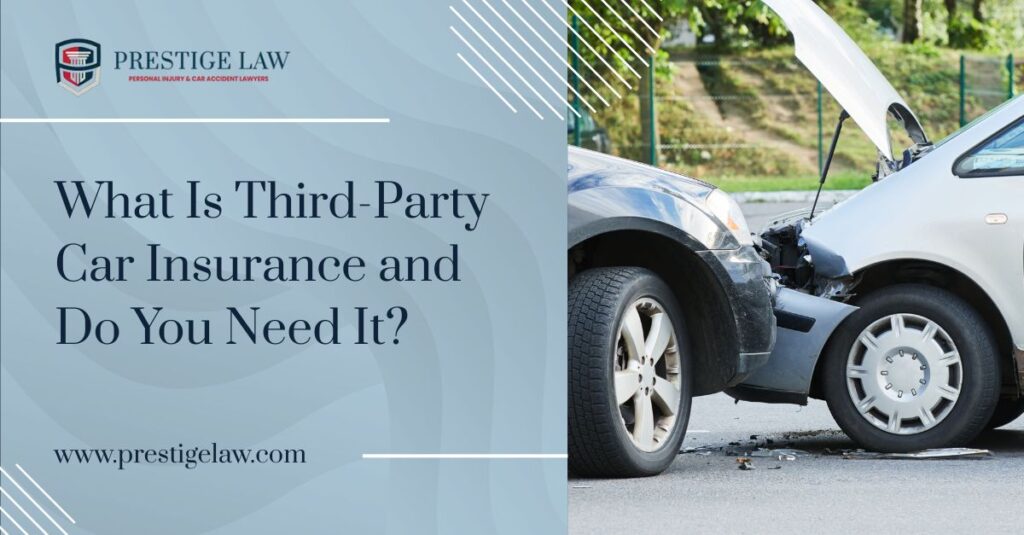
Is Third-Party Car Insurance Enough? Know the Risks
Published on / Category: Insurance Claims
You’re covered… right? Not always. Many drivers assume their insurance protects them in every scenario, but not all policies offer equal protection. Third-party car insurance is one of the most common and affordable options, yet it often provides only the bare minimum.
This type of policy typically protects other people and their property if you’re at fault in an accident. However, it doesn’t cover damage to your own vehicle or your medical costs. That distinction can lead to costly surprises if you’re ever in a crash.
If you’re a new driver, trying to save on premiums, or using an older vehicle, third-party coverage may seem like a smart choice. But it’s not always enough.
This guide explains what third-party insurance includes, where it falls short, and how to tell if it’s protecting your finances—or putting them at risk.
And if you’ve already been in a collision and your policy didn’t provide the support you needed, handling denied insurance claims may require experienced legal help.
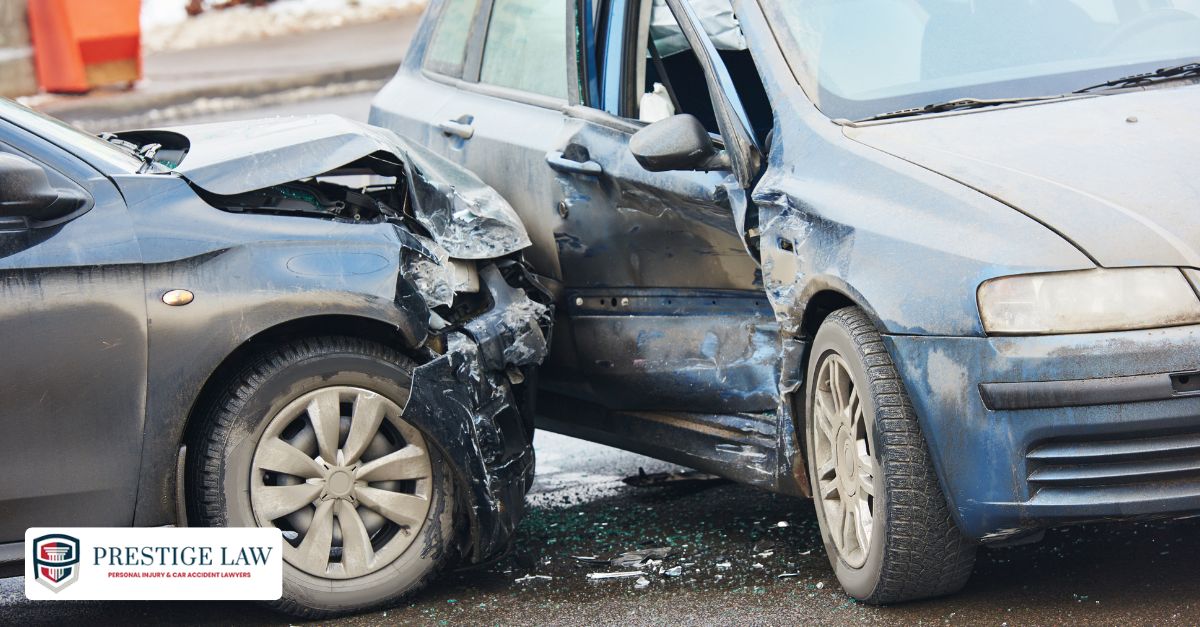
What is third-party car insurance?
Third-party car insurance is a legal requirement in many states, including California. This type of coverage provides financial protection if you cause injury to someone else or damage to their property while driving.
The term comes from the legal relationship among three parties:
- You, the policyholder, are the first party.
- Your insurance provider is the second party.
- The person or property harmed in an accident you cause is the third party.
Third-party insurance does not cover your own vehicle or your own injuries. It’s designed to ensure that victims of an accident caused by you can recover damages—without you having to pay out of pocket.
How does third-party car insurance work?
If you’re involved in an accident that causes injury or property damage to someone else, third-party insurance helps cover those expenses. This can ease your financial burden and prevent legal complications.
Here’s how it typically plays out:
1. Notify your insurer immediately
As soon as the accident occurs, inform your insurance provider. Delays in reporting may affect your ability to file a claim.
2. Damage is assessed
The insurer appoints an adjuster to inspect the damage and verify the facts. This includes evaluating the other party’s vehicle or property.
3. Claim is settled
Your insurance company pays the affected party—within the limits of your policy. This includes vehicle repairs, medical expenses, and any applicable legal costs.
If you’re at fault, your insurance will:
- Cover the other party’s injuries or property damage
- Pay legal expenses if you’re sued
You won’t receive any compensation for your own losses. Additionally, your no-claims bonus may be affected unless it’s protected.
In accidents involving substantial vehicle damage, your insurer may also coordinate property damage claims assistance to streamline the third party’s recovery process.
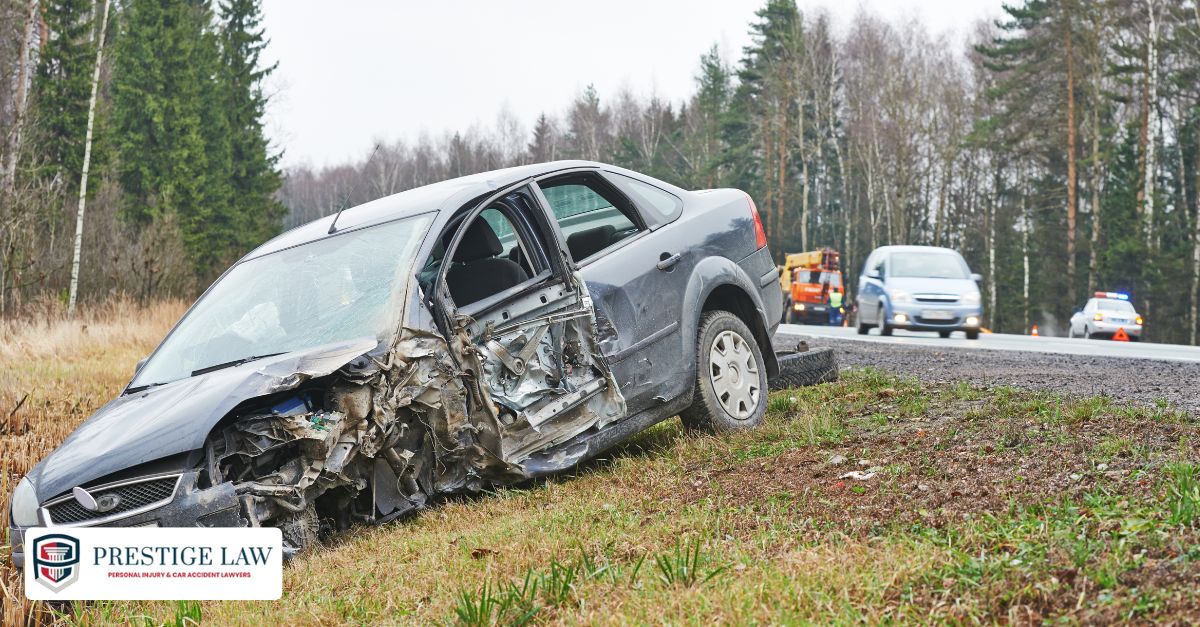
What does third-party insurance cover?
Third-party car insurance is designed to protect you from financial liability if you cause harm to others while driving. While the scope of coverage is limited, it serves a crucial legal and financial function.
Here’s what it typically includes:
Damage to Other People’s Property
If you crash into another person’s car, garage, fence, or any personal property, your third-party policy pays for the damage. This can help you avoid footing a potentially large repair bill.
Injuries to Other People
Your insurance also covers injuries or fatalities caused to:
- Drivers and passengers in another vehicle
- Pedestrians
- Passengers in your own vehicle
This coverage can include medical bills, rehabilitation costs, and related expenses. However, your own injuries are not covered—you’d need a more robust policy or personal injury protection for that.
Legal Fees if You’re Sued
If the third party files a lawsuit, your insurer typically covers the legal costs up to your policy limit. This prevents you from having to pay out of pocket for court representation or settlements.
Realistic Example: A Minor Accident
Suppose you rear-end another vehicle at a stoplight. Their bumper is damaged, and the driver reports neck pain. Your third-party insurance would pay for their car repairs and medical care. If they file a lawsuit, your insurer would handle the legal defense as well.
However, your own vehicle repairs and any medical bills would not be covered. To protect yourself more fully, you’d need to consider additional car accident legal representation or upgrade your coverage.
What doesn’t third-party insurance cover?
While third-party insurance helps you meet legal requirements, it offers no protection for your own losses. Understanding these limitations is critical before relying on it as your only form of coverage.
Here’s what’s not covered:
Your Own Vehicle Repairs
If your car is damaged in an accident—regardless of who caused it—third-party insurance won’t cover the repairs. Unless you carry comprehensive or collision coverage, you’ll have to pay out of pocket.
Your Own Medical Costs
Third-party insurance does not include medical coverage for the policyholder or their passengers. This means hospital bills, emergency care, and long-term treatment costs fall entirely on you unless you have personal injury protection.
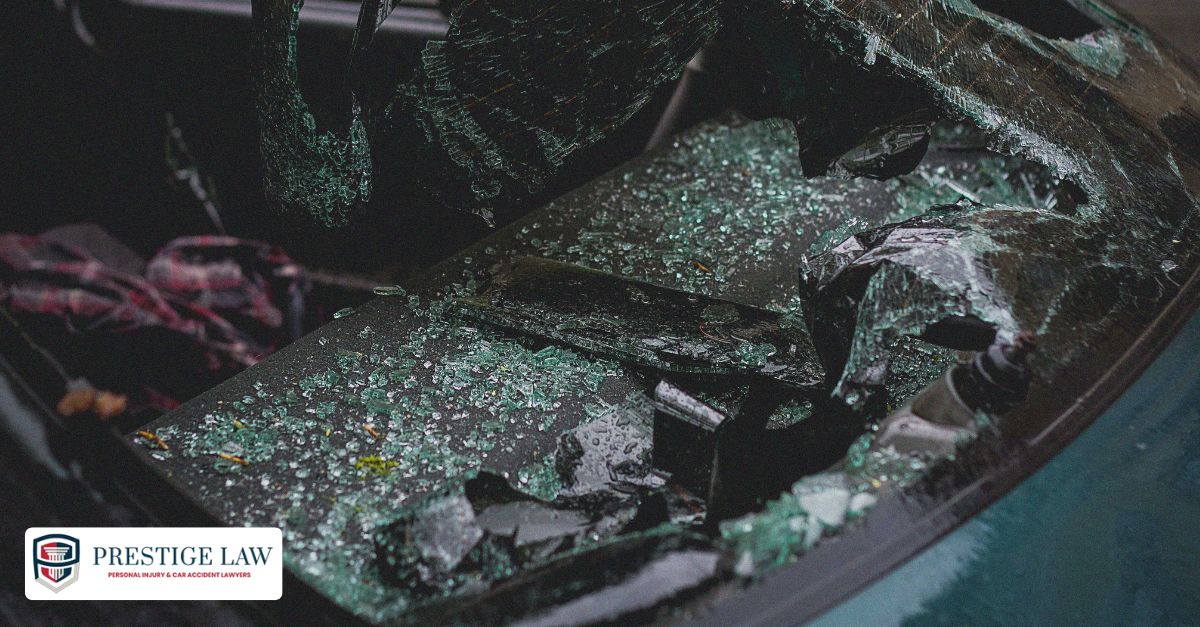
Theft or Weather-Related Damage
Your vehicle won’t be protected against theft, vandalism, fire, floods, or other non-collision events. Only a comprehensive policy includes coverage for these types of incidents.
Risky Gaps in Coverage
Drivers who rely solely on third-party insurance face substantial exposure:
- No protection in high-traffic or accident-prone areas
- No coverage for high-value vehicles
- No help in emergencies like engine failure or total loss
In many cases, the out-of-pocket costs resulting from common causes of car accidents—like distracted driving or poor road conditions—can exceed the money saved on a lower premium. Third-party insurance may be legal, but it often leaves you unprotected when you need support most.
How does third-party insurance differ from comprehensive coverage?
Choosing between third-party and comprehensive car insurance depends on the level of protection you need and your ability to handle risk. The table below highlights the core distinctions to help you make an informed decision.
Key Differences Between Third-Party and Comprehensive Insurance |
||
|---|---|---|
|
Parameter |
Third-Party Liability Cover |
Comprehensive Cover |
|
Meaning |
Mandatory Policy That Covers Liability Toward Others |
Optional Policy That Covers Both Third-Party Liability and Own Vehicle Damage |
|
Coverage |
Damage to Third-Party Vehicle, Property, or Person |
Includes Third-Party Coverage Plus Damage to Your Own Car (Accident, Theft, Fire, Natural/Man-Made Disasters) |
|
Own Damage Coverage |
Not Included |
Included |
|
Optional Coverage |
Not Offered |
Offered (e.g., Collision Coverage, Roadside Assistance, Rental Car Reimbursement) |
|
Legal Requirement |
Yes, Compulsory Under Law |
No, Optional |
|
Premium Cost |
Lower – Due to Limited Protection |
Higher – Due to Broader Protection |
|
Pricing Regulation |
Regulated by the California Department of Insurance (CDI) or State Insurance Departments |
Set by Individual Insurers Based on Vehicle Type, Location, and Policy Terms |
|
Discount Availability |
None |
Yes – No Claim Bonus, Voluntary Deductible Discounts, Anti-Theft Device Discounts |
|
Is It Sufficient? |
Minimal Protection – Your Own Damages and Injuries Are Not Covered |
Comprehensive – Offers Well-Rounded Protection, Customizable for Better Risk Coverage |
If you’re driving an older car or trying to keep insurance costs low, third-party coverage might look appealing. But if you want broader protection—including for theft, disasters, or your own vehicle damage—comprehensive coverage is often the smarter choice.
Why Third-Party Car Insurance Is Not Enough
While third-party car insurance meets the legal minimum requirement, it offers limited protection. For many drivers, that just isn’t enough. Here’s why relying solely on this type of coverage can leave you financially exposed:
No Coverage for Your Own Vehicle
If your car is damaged in an accident, skids off the road, or is vandalized, third-party insurance won’t pay for repairs. The cost of fixing or replacing your vehicle comes entirely out of pocket unless you carry additional coverage.
Minimal Protection for Personal Injuries
Some states, like California, require insurers to include limited personal injury protection—often capped at around $15,000. But in serious accidents, hospital bills, rehab, and lost wages can far exceed that amount. Without comprehensive personal injury legal support, you may be left paying the rest yourself.
No Add-On Flexibility
Third-party plans are rigid. You can’t expand coverage with add-ons like roadside assistance, engine protection, or rental car reimbursement. By contrast, comprehensive plans allow you to customize protection based on your vehicle and driving habits.
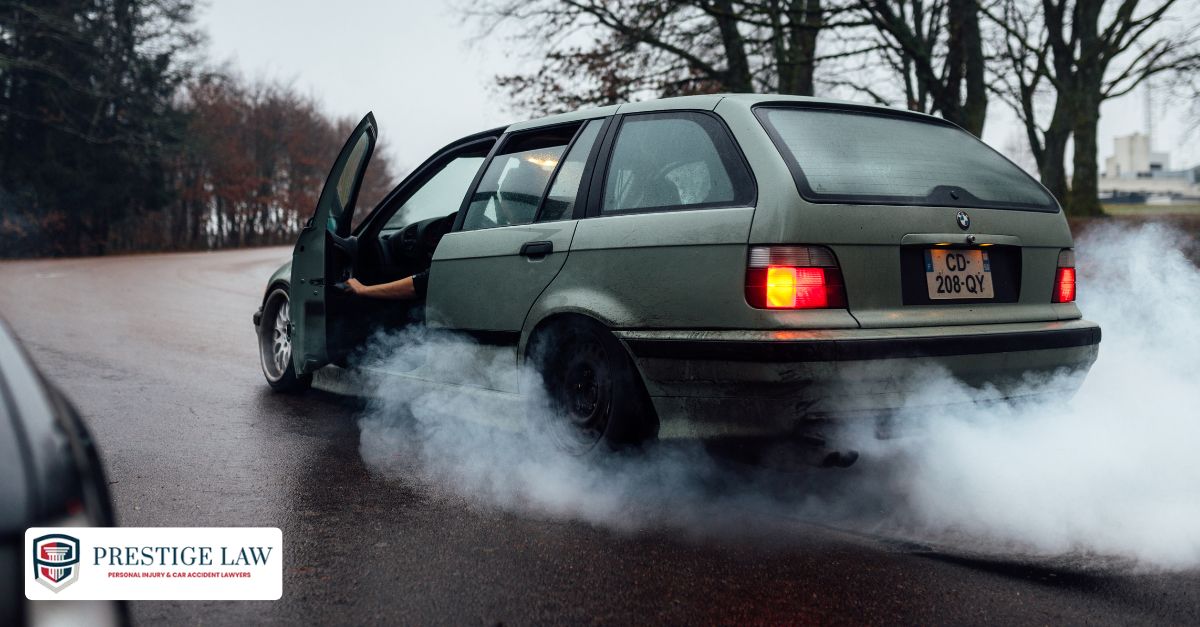
No Protection Against Theft or Disasters
Theft, flood damage, fire, and vandalism are all excluded from third-party policies. If your car is stolen or damaged in a natural disaster, your insurer won’t compensate you. Only comprehensive coverage includes these risks.
Greater Financial Exposure After Accidents
If you’re involved in a serious crash, third-party insurance won’t help with your own repair or medical costs. Even minor repairs or treatment can add up quickly—putting pressure on your savings or pushing you into debt.
No Convenience Features or Support Services
Comprehensive insurance often includes extras like faster claims processing, towing, and emergency help. Third-party policies generally exclude these benefits, leaving you with less support during high-stress situations.
Legal Implications of Inadequate Insurance
Meeting the legal minimum with third-party car insurance may keep you road-legal, but it could expose you to serious financial and legal risks after an accident.
You Could Be Sued Personally
If you’re at fault in a major accident and your policy doesn’t cover all damages, the injured party can sue you directly for unpaid expenses—such as vehicle repairs, medical bills, or lost wages. In severe cases, your personal assets could be at risk.
Delayed or Denied Claims
Limited coverage often leads to complications during the claims process. If your policy doesn’t include the right protections, insurers can rightfully deny or delay payment, especially for things like vehicle damage or your own injuries.

Fault Disputes Without Legal Support
When there’s a disagreement about who caused the crash, lacking proper coverage can hurt your position. Without legal representation and evidence to back up your case, you may lose out—even if the accident wasn’t entirely your fault. In these scenarios, establishing fault in personal injury lawsuits becomes critical to securing a fair outcome.
Having the right insurance is important. But when it falls short, legal support may be the only way to protect your rights and your finances.
How a Lawyer Can Help
When your insurance doesn’t fully protect you—or your claim is denied or delayed—having legal counsel can make all the difference.
A skilled lawyer can:
✔ Defend you against personal lawsuits
✔ Gather evidence to support your case in liability disputes
✔ Negotiate with insurers on your behalf
✔ Help with handling denied insurance claims
✔ Secure compensation for injuries and losses not covered under your policy
If you’re unsure of your next steps after an accident, a personal injury lawyer can help you understand your options and protect your financial future.
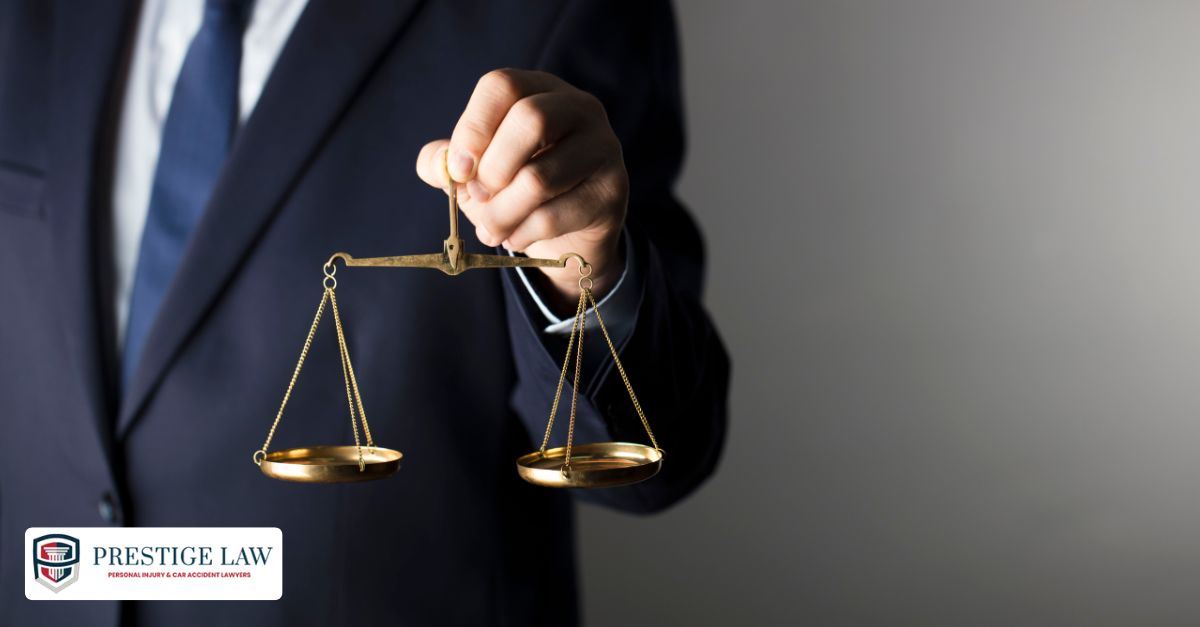
How Prestige Law Firm Can Help
If you’ve been in a car accident and your coverage isn’t enough—or your claim has been denied—Prestige Law Firm is here to help. We focus on providing strong, personalized legal representation for victims of auto accidents, catastrophic injuries, and insurance disputes.
With our approach to personal injury cases, you’ll work directly with attorney Paul Aghabala—never shuffled off to junior staff. We’ve helped clients across California recover compensation for medical expenses, lost wages, property damage, and emotional distress.
There are no upfront costs. You only pay if we win.
📞 Call: (818) 788-0808 or (661) 341-3939
📧 Email: paul@prestigelaw.com
🌐 Visit: www.prestigelaw.com
Conclusion
Third-party car insurance may meet the legal minimum, but it leaves you exposed when it matters most. It offers no protection for your own vehicle, limited personal accident coverage, and no add-on flexibility.
It also doesn’t address key insurance considerations for rental and rideshare vehicles, which can be crucial if you frequently drive different types of vehicles.
On the other hand, comprehensive car insurance provides broader protection, peace of mind, and the flexibility to customize your policy to meet your needs.
If you’ve been in an accident or are dealing with denied or delayed claims, don’t wait. Prestige Law Firm can help you understand your rights, resolve coverage issues, and pursue fair compensation.
Schedule a free consultation today and get the legal support you need to stay protected on the road.
FAQs
Who should consider third-party car insurance?
Drivers with older vehicles or tight budgets who want to meet the minimum legal requirements without paying for full coverage.
Does third-party insurance cover my car’s damages?
No. It only covers damage you cause to other people’s property or vehicles—not your own.
What are the benefits of third-party car insurance?
It’s more affordable than comprehensive coverage and fulfills the legal minimum for driving in most states, including California.
Can I switch from third-party to comprehensive insurance?
Yes. You can upgrade your policy at any time by contacting your insurance provider to discuss coverage options and costs.
Get Started Today!
24 hours a day / 7 days a week / 365 days a year
Contact our Los Angeles attorneys for a free consultation today
